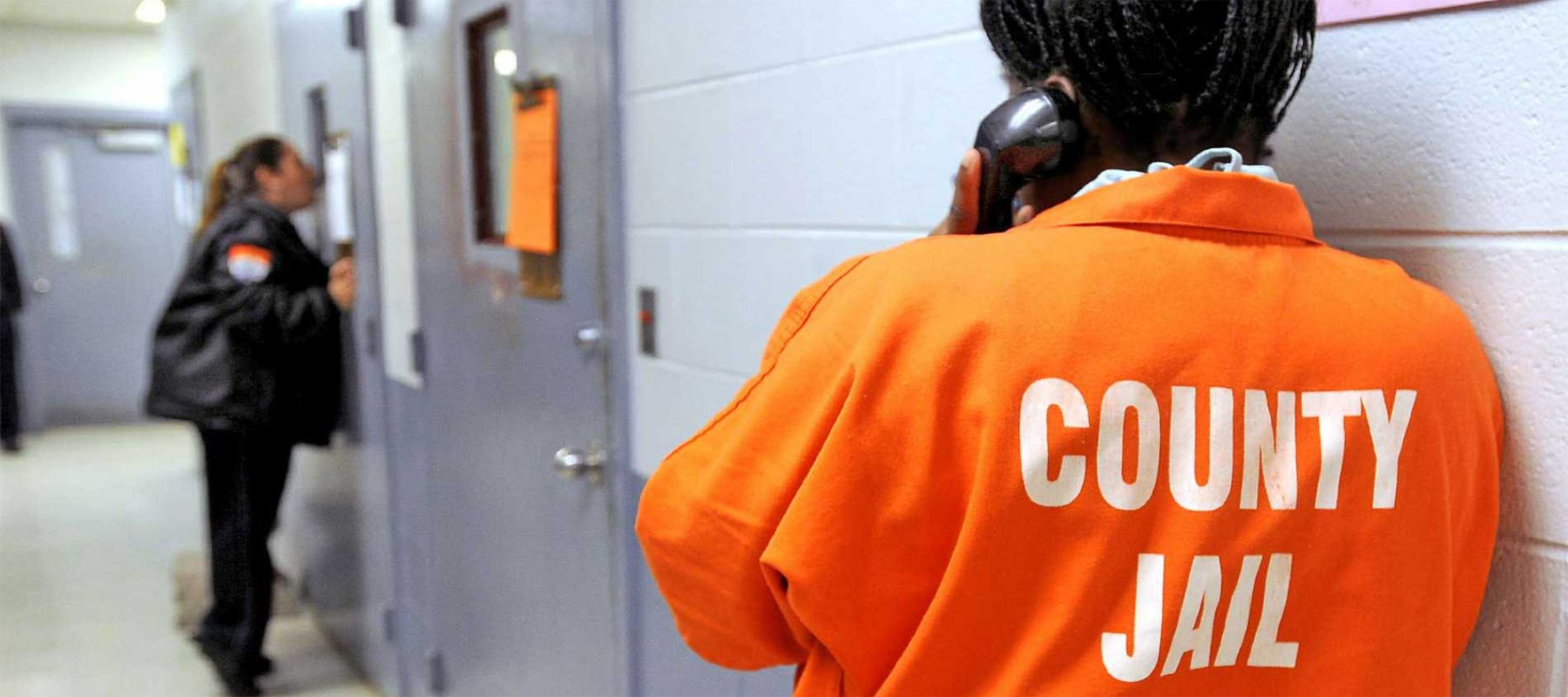Cost-Effective Phone Systems for Prisons: A Guide to Pricing
Last Updated: May 24, 2023

Fact Checked By: Ashley Smith
On This Page
CostOwl.com note: Need a phone system service at an affordable price? Fill out the 30 second questionnaire below and our phone system partners will send you free price quotes.
Inmate phone systems are telephone systems used in prisons and other inmate centers. They have unique features that allow the incarcerated to keep in touch with the outside world while providing the high level of security needed in a prison facility. Advances in technology have created centralized prison phone systems that use computers and specialized software. The results are inmate phone services that provide a high level of functionality at cost effective rates. This buying guide provides an overview of prison phone system features in addition to basic pricing information.
Types of Inmate Phone System #
A typical inmate phone system consists of the telephony hardware which can be either on site or remotely managed. Prison staff members receive standard telephones. Prisoners receive special inmate phones that provide payment options and security, software for call monitoring and recording, and a call archiving system.
The technology powering an inmate telephone system will, in most cases, be either a traditional PBX phone system or a more sophisticated IP phone system. PBX phone systems use telephone hardware and switches housed in a telecom cabinet to handle and rout calls. IP phone systems operate on broadband or wireless internet technology to provide a web-based network that can easily interact with other prison management systems. Although generally more expensive to install, VoIP phone systems can provide long-term cost-savings for many prisons.
Features of Inmate Phone Systems #
Common features of an inmate calling system include the following:
- Debit, prepaid, and collect calling billing options for inmate calls
- Call recording (to allow staff to listen in on conversations later)
- Live monitoring of inmate phone calls (including alarms generated when particular inmates make calls or when certain numbers are dialed)
- Blocked calls
- Programmable call restrictions
- Phone system shutdown (for use during emergencies)
- Inmate voice mail
- Inmate personal identification number (PIN) login
- VoIP phone system calling (low-cost internet calls)
- "Snitch" system that allows inmates to divulge sensitive information anonymously
Inmate Phone System Average Costs #
The size (and to a lesser extent, the cost) of a prison phone system will be primarily based on the number of lines (aka trunks or outside phone lines) used and the number of extensions (the devices connected to the phone system).
In terms of costs, the factors that most influence the price of an inmate telephone service are:
- The central phone system unit, or cabinet
- Phones (for VoIP phone systems, more sophisticated phones might be needed)
- System features
- Wiring and cabling infrastructure (while you may be able to use the existing infrastructure, it is sometimes necessary to install new wires and cables)
- Training, programming, and service
Due to significant variations in the scale and features of individual inmate phone service systems, the prices shown should only serve as a general overview.
You can expect to pay somewhere around $750 to $1,250 per extension to install a self-hosted prison phone system. Larger setups typically produce greater savings, while smaller organizations may incur prices towards the higher end of this scale.
For a better understanding of what a prison phone system might cost, take a look at what businesses nationwide paid for advanced phone systems:
20 to 29 extensions: An average cost of $20,000 to $30,000
30 to 49 extensions: An average cost of $30,000 to $50,000
50 to 69 extensions: An average costs of $40,000 to $60,000
Resources:
- The tech investment we need to improve prisons
- All You Need To Know About Federal Inmate Phone Calls
- Prison Phone Justice Website
